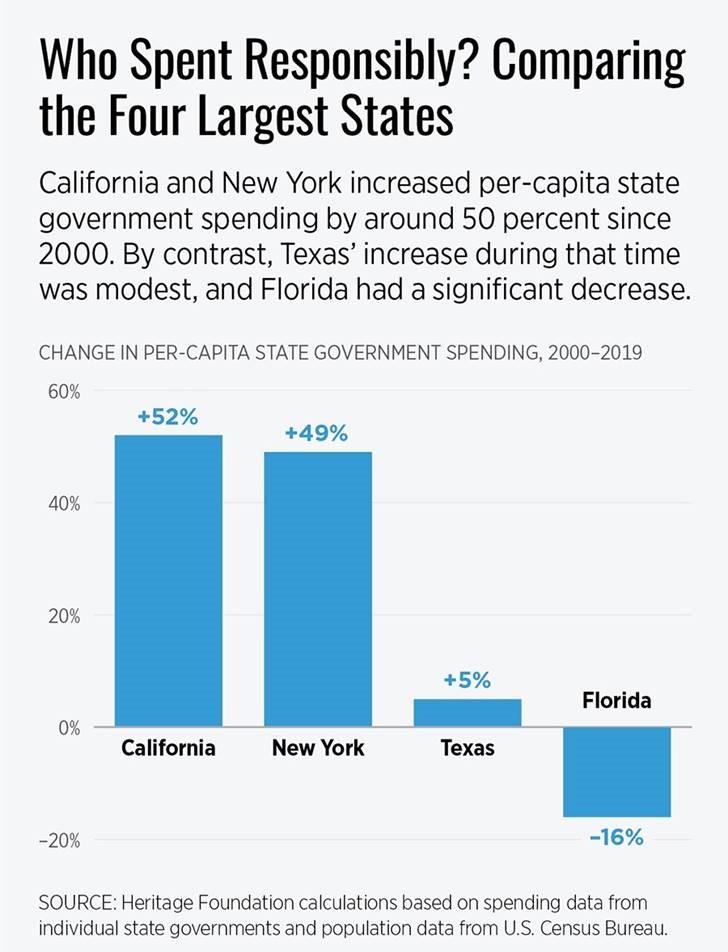The Great State Bailout
It’s an issue that has passed under the radar here in Australia but it is of great political, economic, legal and credit risk interest. It’s the argument over whether the US Federal Government should be bailing out profligate state governments. It has strong parallels to Europe where there are ongoing calls (and recently some action) for thrifty northern Europeans countries to bailout their spendthrift southern counterparts. In the US it’s been classified as a red state (Republican) versus blue state (Democrat) battle, but it isn’t as clear cut as that when you get into the detail.
At the heart of the issue is whether the US Government should use its quantitative easing power to either gift or lend money to states and local governments that are struggling to raise debt at low interest rates. If bailouts occur, it is essentially all taxpayers giving money to the taxpayers in the states that have consistently failed to take action to balance their budgets. The chart below from Dan Mitchell’s International Liberty blog gives an illustration of one way to view the problem. Obviously, Texas and Florida resent the idea of New York and California getting bailouts.

It's interesting at a legal level as there is debate over whether states can go bankrupt. The default and debt restructuring in Puerto Rico (technically a territory not a state) shows that if politicians want to change the rules they’ll find a way to do it. I expect the public will generally support them in this endeavour, would voters/taxpayers support paying more to lenders when they are receiving cutbacks in the government payments and services they receive?
At the economic level, it’s an interesting test case and outworking of MMT. MMT proponents typically acknowledge that state governments can’t spend endlessly as they don’t print their own currency, whereas some federal governments can (theoretically) print their own currency endlessly. In theory this means that governments can all spend endlessly if they work together, but in practice it’s not that simple. Some states believe in old school economics where the amount and quality of spending and taxation matters whereas other states believe in funny money. History shows that old school economics brings old school economic growth, whilst funny money (QE, deficits, low interest rates) delivers lower productivity and asset price/debt bubbles.
At the credit risk level it brings a new angle to the default risk of both states and local governments. Bailouts might delay bankruptcy for years or decades at the state level. If there’s no bailouts, Illinois could be a test case on the political and legal questions of state bankruptcy in the next few years. Other states a bit further behind are Connecticut, Kentucky and New Jersey with a whole bunch of local governments now in financial trouble.
3 topics

